
The U.S. has to demonstrate greater sincerity in countering terrorism, instead of using terrorism as an excuse to expand its military clout globally or launch wars.
The United States' allegations that China limits the freedom of its own people show, to some extent, that bashing China's ethnic policies and its human rights situation is routine for U.S. politicians after violence breaks out in regions inhabited by China's ethnic minorities.
If this routine continues, it will undermine the mutual trust that has been built between China and the U.S. on regional security issues. It will also slow down their progress in combating terrorism around the world.
Moreover, the violence in Xinjiang on Tuesday was brutal and indiscriminate. Of the 15 community workers and police officers who were killed by the suspected terrorists, three were Han Chinese, 10 Uygur and two Mongolian.
An initial investigation shows that the suspects are all terrorists who were planning violent attacks.
Casting blame on China's alleged "ethnic divide" has almost become a knee-jerk reaction for some Western politicians, partly because such rhetoric caters to a small portion of the critical domestic audience and it serves political purposes.
Back in March 2008, when rioters took to the streets in Lhasa and started killing innocent people, they were universally condemned for their brutality. But a few foreign political dignitaries chose to blame the Chinese government, and some foreign media used modified press photos and ran biased stories.
With terrorism posing a global threat, Western politicians and media should realize that objective remarks and reporting will be more helpful than pointing fingers and launching accusations when terrorists take up their arms.
Only cooperation between the U.S. and China in fighting terrorism in Xinjiang, which borders Central Asian countries, will yield win-win results for both countries and the world as a whole.


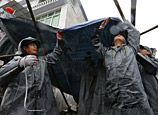



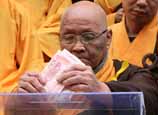
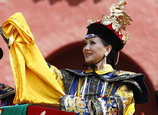

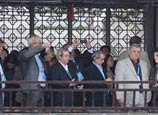
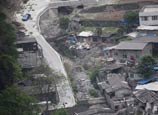








![]()
